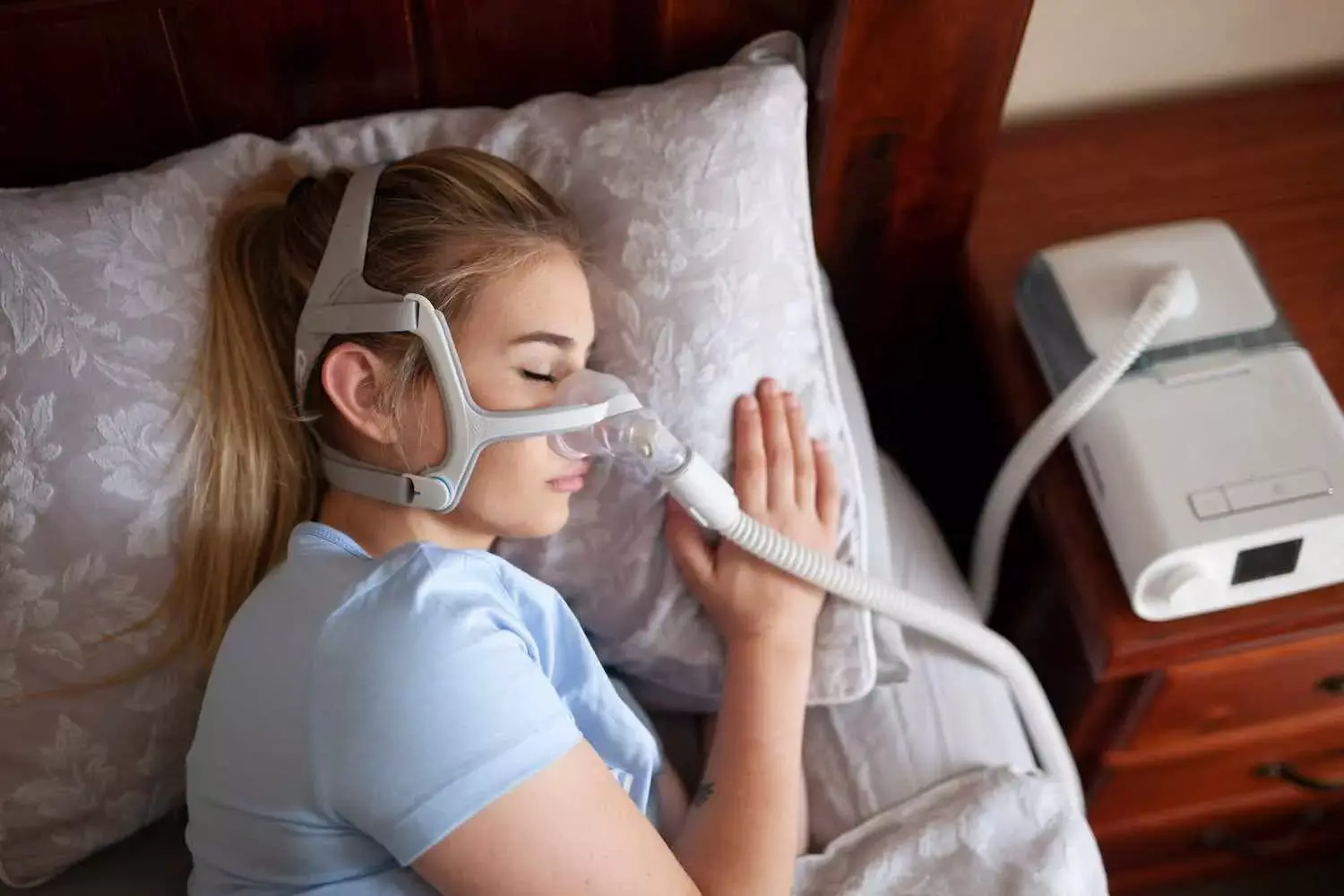- Home
- Medical news & Guidelines
- Anesthesiology
- Cardiology and CTVS
- Critical Care
- Dentistry
- Dermatology
- Diabetes and Endocrinology
- ENT
- Gastroenterology
- Medicine
- Nephrology
- Neurology
- Obstretics-Gynaecology
- Oncology
- Ophthalmology
- Orthopaedics
- Pediatrics-Neonatology
- Psychiatry
- Pulmonology
- Radiology
- Surgery
- Urology
- Laboratory Medicine
- Diet
- Nursing
- Paramedical
- Physiotherapy
- Health news
- Fact Check
- Bone Health Fact Check
- Brain Health Fact Check
- Cancer Related Fact Check
- Child Care Fact Check
- Dental and oral health fact check
- Diabetes and metabolic health fact check
- Diet and Nutrition Fact Check
- Eye and ENT Care Fact Check
- Fitness fact check
- Gut health fact check
- Heart health fact check
- Kidney health fact check
- Medical education fact check
- Men's health fact check
- Respiratory fact check
- Skin and hair care fact check
- Vaccine and Immunization fact check
- Women's health fact check
- AYUSH
- State News
- Andaman and Nicobar Islands
- Andhra Pradesh
- Arunachal Pradesh
- Assam
- Bihar
- Chandigarh
- Chattisgarh
- Dadra and Nagar Haveli
- Daman and Diu
- Delhi
- Goa
- Gujarat
- Haryana
- Himachal Pradesh
- Jammu & Kashmir
- Jharkhand
- Karnataka
- Kerala
- Ladakh
- Lakshadweep
- Madhya Pradesh
- Maharashtra
- Manipur
- Meghalaya
- Mizoram
- Nagaland
- Odisha
- Puducherry
- Punjab
- Rajasthan
- Sikkim
- Tamil Nadu
- Telangana
- Tripura
- Uttar Pradesh
- Uttrakhand
- West Bengal
- Medical Education
- Industry
CPAP adherence lowers long term high BP among Sleep apnea patients after ACS

SPAIN: In patients released from the hospital after an ACS, severe OSA is linked to a long-term rise in blood pressure, which is decreased by good CPAP adherence, states a study published in the European Journal of Preventive Cardiology.
Patients with acute coronary syndrome (ACS) frequently have obstructive sleep apnea (OSA), which can lead to secondary hypertension. The variation of obstructive sleep apnoea is becoming more widely recognized (OSA). Clinical studies of CPAP therapy on cardiovascular protection have largely yielded poor results.
The authors aimed to assess the long-term impact of OSA and CPAP therapy on blood pressure (BP) regulation in patients released from the hospital following an ACS.
Patients with OSA (apnea-hypopnea index 15 events/h) were randomized to receive either CPAP or/and usual care and were monitored for one to five years after receiving treatment. Each time, the office blood pressure was measured. The study included 596 individuals without OSA, 605 CPAP users, and 602 patients receiving standard treatment. At baseline, hypertension was identified in 52% of the patients. The median age and BMI were correspondingly 59 [52.0;67.0] years and 28.2 [25.6;31.2] kg/m2.
Key findings of the study:
- BP changes were comparable across the OSA and non-OSA groups after a median [25th;75th percentile] follow-up of 41.2 [18.3;59.6] months.
- AHI(>40 events/h) was associated with an increase in blood pressure, with a maximal difference in mean blood pressure of +3.3 mmHg at 30 months.
- After 18 months, mean BP was lower in OSA patients with good CPAP adherence (4 hours/night) than in non-OSA and patients with poor CPAP adherence, with a maximum mean difference (95% CI) of -4.7 (-6.7,-2.7) mmHg.
- A highest mean difference of -7.1 (-10.3,-3.8) mmHg was observed in patients with severe OSA.
ACS patients, with severe OSA is associated to a long-term elevation in blood pressure, which is decreased by good CPAP adherence, according to the authors' findings.
REFERENCE
A Aldoma, M Manuel Sanchez-De-La-Torre, E Gracia-Lavedan, ID Benitez, A Zapater, G Torres, A Sanchez-De-La-Torre, J De Batlle, A Targa, O Minguez, L Pascual, A Cortijo, D Martinez, M Dalmases, F Barbe-Illa, Long-term effect of obstructive sleep apnea and CPAP treatment on blood pressure control in patients after acute coronary syndrome, European Journal of Preventive Cardiology, Volume 29, Issue Supplement_1, May 2022, zwac056.096, https://doi.org/10.1093/eurjpc/zwac056.096
Dr Kamal Kant Kohli-MBBS, DTCD- a chest specialist with more than 30 years of practice and a flair for writing clinical articles, Dr Kamal Kant Kohli joined Medical Dialogues as a Chief Editor of Medical News. Besides writing articles, as an editor, he proofreads and verifies all the medical content published on Medical Dialogues including those coming from journals, studies,medical conferences,guidelines etc. Email: drkohli@medicaldialogues.in. Contact no. 011-43720751


